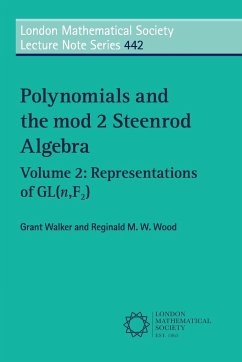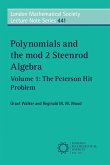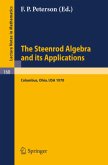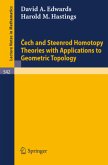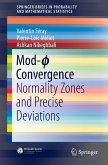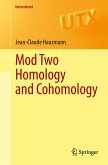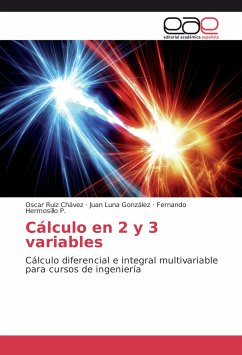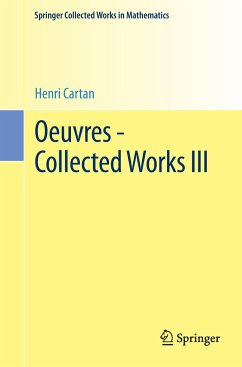This is the first book to link the mod 2 Steenrod algebra, a classical object of study in algebraic topology, with modular representations of matrix groups over the field F of two elements. The link is provided through a detailed study of Peterson's `hit problem' concerning the action of the Steenrod algebra on polynomials, which remains unsolved except in special cases. The topics range from decompositions of integers as sums of 'powers of 2 minus 1', to Hopf algebras and the Steinberg representation of GL(n, F). Volume 1 develops the structure of the Steenrod algebra from an algebraic viewpoint and can be used as a graduate-level textbook. Volume 2 broadens the discussion to include modular representations of matrix groups.
Hinweis: Dieser Artikel kann nur an eine deutsche Lieferadresse ausgeliefert werden.
Hinweis: Dieser Artikel kann nur an eine deutsche Lieferadresse ausgeliefert werden.
'In these volumes, the authors draw upon the work of many researchers in addition to their own work, in places presenting new proofs or improvements of results. Moreover, the material in Volume 2 using the cyclic splitting of P(n) is based in part upon the unpublished Ph.D. thesis of Helen Weaver ... Much of the material covered has not hitherto appeared in book form, and these volumes should serve as a useful reference. ... readers will find different aspects appealing.' Geoffrey M. L. Powell, Mathematical Reviews

